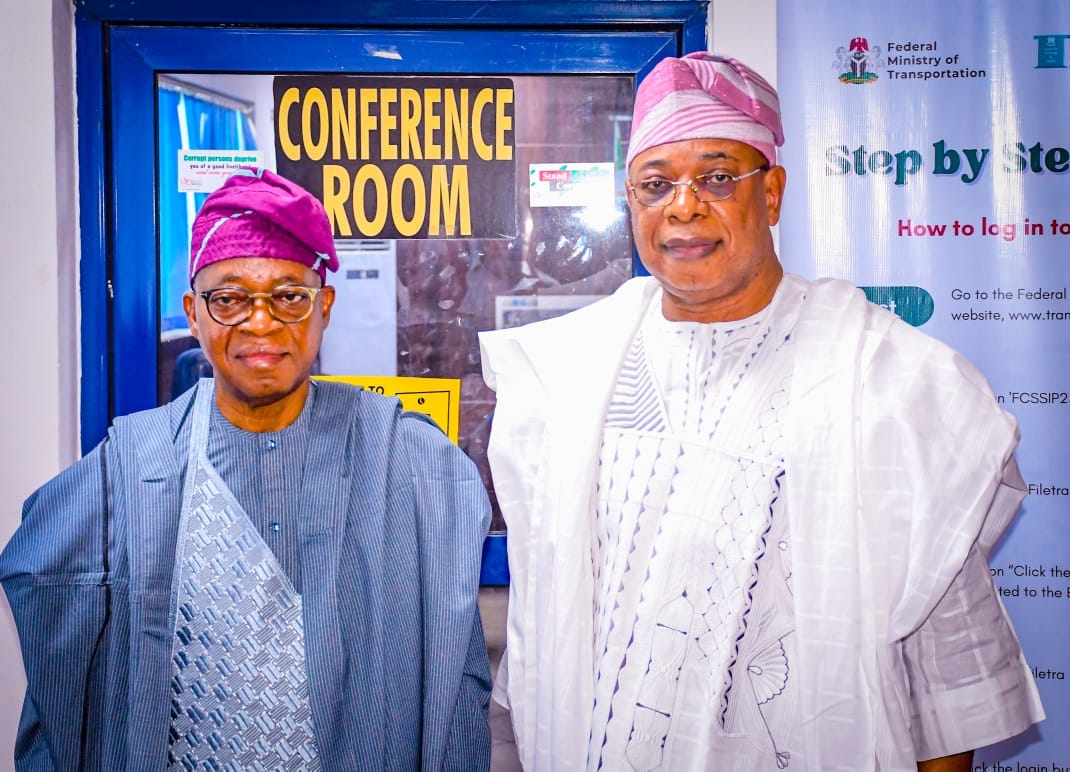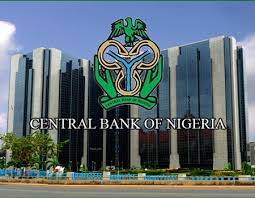
Two years after nine West and Central African countries signed the charter for the establishment of a regional maritime bank, the project has yet to take-off, raising questions about the commitment and readiness of the member states to make the initiative a reality.
The Regional Maritime Development Bank (RMDB) as it is called is the baby of Maritime Organisation of West and Central Africa (MOWCA). The bank’s headquarters is proposed to be in Abuja, Nigeria.
The bank was intended to facilitate easier access to funding for maritime-related projects across the sub-region, aiming to raise $850 million in debt and $150 million in equity capital to drive growth and development within the sector.
As of 2022, Nigeria, the Democratic Republic of Congo, Côte d’Ivoire, Cameroon, Ghana, and other nations in the region had signed the bank’s charter, with prospects of additional countries joining the initiative.
The plan was to establish a bank focused on fostering the maritime industry’s growth, with its headquarters and presidency to be located in Nigeria.
However, two years later, findings by Shipping Position Daily revealed that the bank has not materialized, and the lack of progress has left stakeholders questioning what went wrong.
An early report suggested that one of NIMASA’s zonal offices in Abuja would serve as the bank’s temporary base. However, sources close to the project have since revealed that the office, which was to house the bank, is not adequately equipped to serve as the headquarters for such a crucial institution.
This is even as our correspondent gathered that there are now reports that Nigeria is actively seeking a more suitable space at the Bank of Industry in Abuja, though this move is yet to be finalized.
In addition to issues with infrastructure, our correspondent gathered that the failure of the bank to take-off can also be traced to financial shortfalls. Sources indicate that none of the nine countries that initially signed the charter have met their counterpart funding obligations, which are critical to kick-starting the bank. The lack of funding has stalled the bank’s establishment, despite the initial enthusiasm from member countries.
Sources also hinted that the political crisis within ECOWAS, which has led to some countries pulling out of the organization, has further complicated the situation. The recent withdrawal of Niger from ECOWAS, a source in the ministry of Marine and Blue Economy said, raised concerns about the country’s commitment to MOWCA (Maritime Organization of West and Central Africa), making it unlikely that they will contribute to the maritime bank or its related projects.
Maritime industry stakeholders have expressed frustration over the delays and lack of clarity surrounding the bank’s future. Dr. Chris Ebare, former Chairman of the Institute of Chartered Shipbrokers (ICS), had in a chat with our correspondent voiced concerns over Nigeria’s potential role in managing the bank, suggesting that the federal government should not be in charge of running the institution.
“Instead of putting bankers in charge, they may appoint people without the right expertise, such as a surveyor or someone with no background in maritime affairs,” Dr. Ebare noted.
He also stressed the importance of regional collaboration for the success of the project. “It would be ideal for the bank to be run in conjunction with MOWCA, and not just be an initiative for Nigeria alone,” he said, highlighting the need for a truly regional approach to the maritime bank.
The delay in the establishment of the regional maritime bank is disappointing for many within the maritime industry, who had hoped that it would provide a much-needed financial lifeline to the sector. However, as the months drag on, it appears that the project’s future remains uncertain, with financial and political hurdles standing in the way of its realization.















